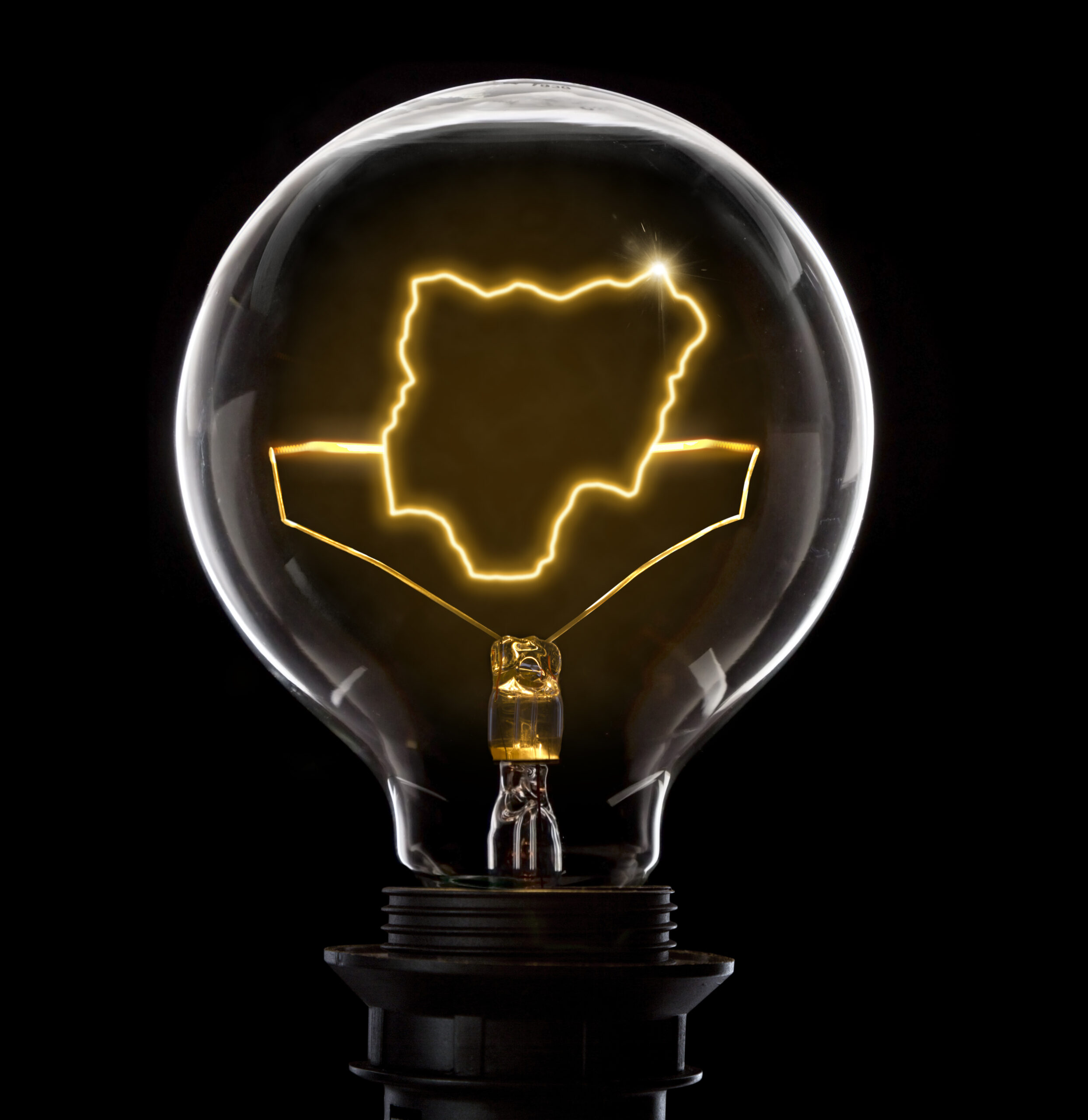Generators Power Nigeria
September 24, 2019
Bloomberg recently interviewed a local business in Nigeria, the owner makes 4,000 Naira a day, with ¾ of this disappearing on the daily cost of fuel needed to run the generator which keeps the electricity running. With access to an average of only 9 hours per day of electricity supply from the grid (NOI polls), the vast majority of Nigerian businesses and households are dependent on generators.
Electricity shortage touches every sector of Nigerian society, including the president. President Buhari’s office spends an average of 46 million per year on fuelling generators. Furthermore, the Nigerian government budget for 2019 included 1,359 generator related expenses. The problem is perpetuated still by the lack of access to electricity, the unreliable grid is the main obstacle to business being able to run and make profit in Nigeria. A World Bank survey carried out in 2014 indicated that 27% of Nigerian firms identified precarious electricity as a main inhibitor to doing business with estimated losses of 29 billion dollars a year. An IMF recent study highlights the lack of available electricity stating production per capita is less than 15% of the average of emerging market economies. The result? According to Dalberg 2019, households are having to compensate by running small generators such as 10kVA units to meet their daily power needs. The total number of household generators is estimated at 22 million naira, which is 8 times the generating capacity of the grid supply. To illustrate the extent of the problem, twice Nigeria’s annual budget is spent on fuelling these generators.
The precarious power grid is down to dilapidated power infrastructure, installed in the 80’s. Only 25% of the theoretical power capacity of the grid is actually distributed to homes and businesses. So, what is being done to improve the situation? The answer is, very little – Buhari’s reform plans have failed continuously and the economic state of Nigeria remains in decline and new infrastructure is not a feasible option at this time. Generators are the most realistic solution for the foreseeable future. Very little progress has been made under president Buhari’s recovery plan (2017). A staggered tariff increase from January has been proposed which could lead to new investments. The nation cannot depend on hope however, long blackouts are grinding Nigeria’s businesses to a halt. The electricity grid shoes no signs of solving the current shortage with 3 bailouts for the electricity sector already since 2015 (IMF), Generators therefore remain paramount in day to day living. YorPower can offer competitive prices with reliable run time and reasonable fuel consumption, including our range of Perkins generators which are well suited to the demands of businesses operating in challenging environments. For more information on powering your business, contact us today.


